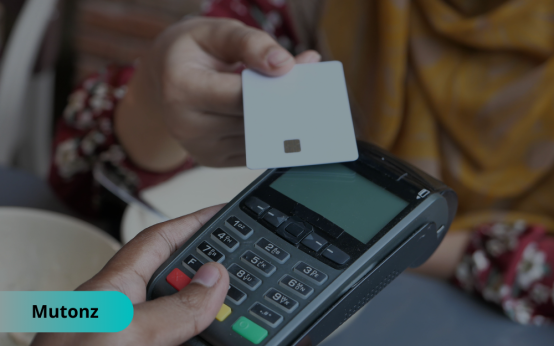Many people
struggle to keep track of their income and expenses, leading to
financial stress. Budgeting is a fundamental step towards changing that. By learning
how to create a budget, you can
make informed spending decisions and and
reaching your goals.
Without further a do, let's talk about
what budgeting is,
why it is important, and
how you can do and maintain it, so you can be prepared to
achieve your financial security.
What Is a Budget?
It is a
detailed plan that
outlines your income and expenses over a specific period, typically monthly. It serves as a financial roadmap, helping you
identify where you're spending your money and where you can cut it, by
allocating your funds better among many categories such as housing, food, transportation, savings, and debt repayment.
So, basically, a budget enables you to
manage your money effectively and
ensure that your making ends meet while also being able to save some.
Why Is It Important to Have a Budget?
Having a budget can be
crucial for your financial well-being for several reasons:
- Expense Management: a budget allows you to see exactly where your money goes each month. By categorizing and monitoring your spending, it helps identify areas where you can cut back, reduce unnecessary expenses, and allocate funds more efficiently.
- Debt Reduction: a well-planned budget allocates funds toward debt repayment, enabling you to systematically reduce and eventually eliminate debt. This approach can also save you money on interest payments and improve your credit score.
- Savings and Investments: budgeting allows you to set aside money for savings and investments, helping you build an emergency fund, plan for retirement, or save for significant purchases.
- Financial Goal Achievement: whether it's buying a home, starting a business, or going on vacation, a budget helps you set and achieve both short-term and long-term financial goals by outlining a clear savings plan.
- Stress Reduction: knowing that you have a plan for your finances can reduce anxiety and provide peace of mind, as you're better prepared to handle unexpected expenses and financial challenges.
How to Create a Budget
Calculate Your Income
List all sources of income, including salaries, side hustles, investments, and any other earnings. For irregular income, estimate conservatively to avoid budgeting shortfalls.
Track and Categorize Expenses
Keep track of every expense, no matter how small, over a month to understand your spending habits. Then,
divide expenses into categories two categories such as
fixed costs (e.g. rent, utilities, loan payments) and
variable costs (e.g. groceries, entertainment, dining out). This helps in identifying spending patterns and areas where adjustments can be made.
Set Financial Goals
Establish both
short-term goals (e.g., paying off a credit card) and
long-term goals (e.g., saving for a down payment on a house). Having specific goals provides motivation and direction for your budgeting efforts.
Allocate Spending Limits
Based on your income and financial goals,
determine how much you can afford to spend in each category. Consider using the
50/30/20 rule, which allocates 5
0% of income to needs, 30% to wants, and 20% to savings and debt repayment.
Monitor and Adjust Your Budget
At the end of each month,
compare your actual spending to your budgeted amounts to identify discrepancies. Revisiting your budget is important for understanding your spending habits and making necessary adjustments.
Don't be afraid to make changes!
Life circumstances and financial goals can change, so it's important to adjust your budget accordingly to stay on track, this way you can ensure it remains relevant and effective.
CHECK OUT MORE TIPS



 Financial Scams in the U.S.: What to Watch Out For Right Now
Financial Scams in the U.S.: What to Watch Out For Right Now  How to Invest With Little Money: A Beginner’s Guide
How to Invest With Little Money: A Beginner’s Guide  Tips for Using a Credit Card Without Hurting Your Credit Score
Tips for Using a Credit Card Without Hurting Your Credit Score